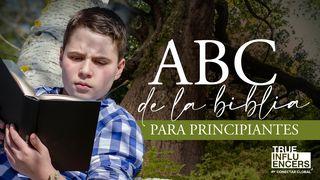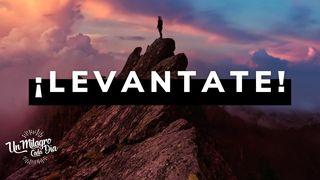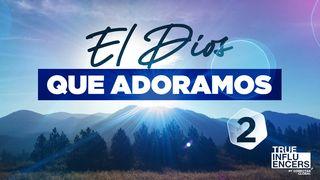A Season Of RepentanceMuestra

Let God’s Blessings Flow
According to Jewish tradition, on Rosh Hashanah, God looks at our past year, at our state of repentance, and the state of our hearts. He determines on this most fateful day what a person’s lot will be in the coming year. Among those things determined is how much income a person will acquire in the next 12 months. So let’s say God determines that a person will earn $100,000 in the Hebrew year 5779. Does that mean the person can take it easy for the next year, relaxing poolside, while the money keeps rolling in?
The answer is of course not. In the Torah we read: “All these blessings will come on you and accompany you if you obey the LORD your God” (Deuteronomy 28:2). Notice the redundant language here: The verse says both “come on you” and “accompany you.” These two seemingly identical phrases actually contain the two parts of how God’s blessings work, according to the Jewish perspective.
The blessings that “come on us” are the blessings that God determines for us during Rosh Hashanah. The implication is that these blessings are hanging over us but not yet upon us. They are in storage, so to speak, ready to rain down on us. However, there is work to be done on our part in order to release God’s blessings so that they “accompany us” through the year.
The most basic element of this process is work itself. The Jewish view is that a person must work for his or her income. God will provide, but we need to put in our best effort. We need to create the physical conduit through which God can bestow blessings upon us.
The second kind of work that has to be done is spiritual work. The latter part of the verse says, “if you obey the LORD your God.” If God determines that we can draw down abundant blessings on Rosh Hashanah, we have to be worthy vessels of receiving those blessings during the year.
This means daily devotion and service to God. Through our prayer and acknowledgement of God as our provider and sustainer, we open the spigot to our blessings so that they can flow into our lives. We must create this opening each day so that we might receive what is promised to us.
As we pray that God inscribe us all for a year of health and well-being, let’s also remember that receiving God’s blessings lies in our hands. Let’s resolve to make this a year of daily prayer, devotion and, God willing, unprecedented blessings.
Escritura
Acerca de este Plan

The High Holy Days are the most widely observed Jewish holidays, beginning with Rosh Hashanah , the Jewish New Year, and ending ten days later with Yom Kippur , the Day of Atonement. During this time, Jews around the world examine their lives and seek forgiveness for the coming year. Challenge yourself to do the same through Rabbi Yechiel Eckstein’s insightful reflections.
More
Planes relacionados

ABC De La Biblia Para Principiantes

¡Levántate! 7 Claves Para Levantarte Y Seguir.

Que El Mundo Crea

ABC De La Oración ... Para Principiantes.

La Gracia. 7 Claves Para Vivir en Plenitud.

1 Tesalonicenses: Modelos a imitar
Marcas De Un Discípulo

Testigos Del Milagro: La Primera Navidad

El Dios Que Adoramos 2
